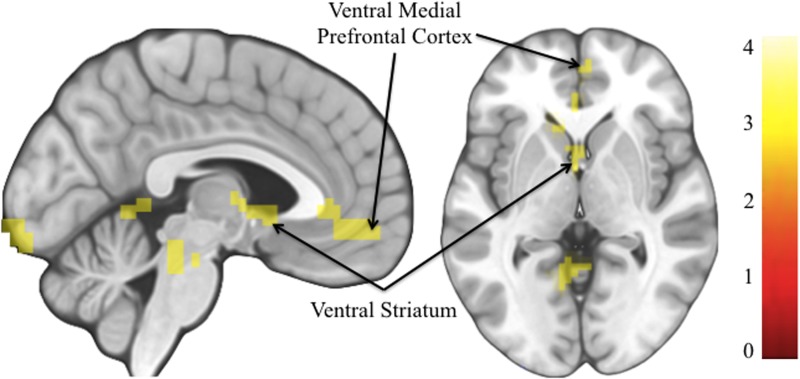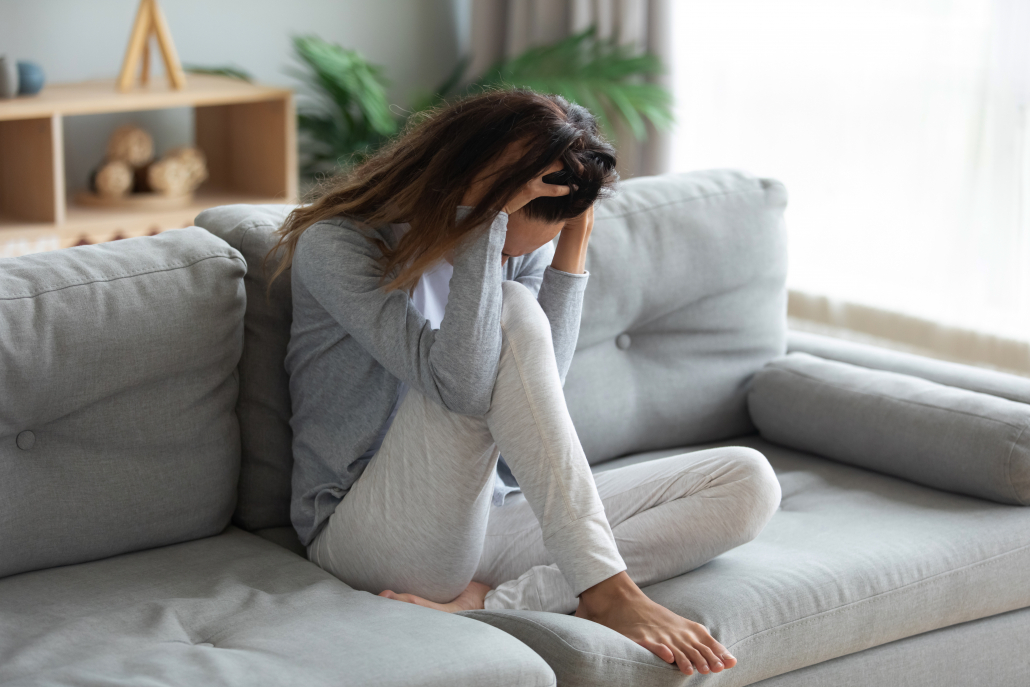We include products in articles we think are useful for our readers. If you buy products or services through links on our website, we may earn a small commission.
36 Powerful Positive Affirmations for Anxiety

Positive affirmations for anxiety are small phrases that can help us reset our internal dialogue and regulate our nervous systems.
To a large extent, we see what we’re looking for and experience the world and ourselves, depending on how we think about them.
Repeating positive affirmations for anxiety is a way to aim our lens of perception towards qualities that will benefit us and shift our internal self-talk in a more positive direction.
This isn’t to say that some pessimism and fear is bad. It’s important to be realistic. But most of us experience an imbalance towards negative thinking and anxiety. Think of positive affirmations as a way to bring us back to a more balanced and accurate experience of reality.
Though at first positive affirmations may feel like wishful thinking, but they are proven techniques for disrupting harmful thinking patterns. It just takes a little practice.
In this article, we’ll explore how positive affirmations can help you reduce anxiety and offer a list of 36 affirmations that you can get started with today.
Table of Contents
What is Anxiety?
The American Psychological Association defines anxiety as “an emotion characterized by feelings of tension, worried thoughts, and physical changes” [1].
Anxiety is triggered when your body and brain respond to stress and alert you to potential danger. One way of describing this is as an activation of your “fight or flight” survival instincts. This is a normal and healthy response to threat that nearly everyone feels to varying degrees.
Humans evolved anxiety over millions of years in a wilderness environment of threats and insecurity from predators, deprivation, and other humans.
The degree and ways in which we experience anxiety are caused by a combination of genetics and life experiences.
Brain chemistry, physical activity, or lack thereof, the state of your microbiome, exposure to adverse experiences as a child, trauma, persistence of stressful situations, and diet, are all factors in the experience of anxiety.
Common symptoms of anxiety include:
- increased heartbeat
- Sweating
- Nervousness
- Restlessness
- Inability to concentrate
- sensitivity to surroundings
- Fear of interacting with other people
- Difficulty falling asleep
Anxieties tend to take the shape of whatever we are exposed to or choose to fill our awareness with. The twenty-four-hour news outlets and endless social media scrolls have given rise to particular anxieties associated with climate change, self-image, fear of missing out (FOMO), terrorism, and authoritarianism.
What are Positive Affirmations for Anxiety?
Positive affirmations are phrases and statements that you can repeat in order to reorient awareness to more positive, helpful, and accurate aspects of reality.
The idea that just saying something positive over and over can reduce overwhelming anxiety can sound too good to be true. But positive affirmations are not magic spells–they are proven ways to adjust mood and cognition.
The Science of Positive Affirmations
Practicing positive affirmations does not make the past experiences underlying anxiety do not disappear. These foundational experiences exist in deep emotional and instinctual parts of the brain.
Studies looking at the neurological correlates of positive affirmations show that it activates specific regions of the “higher” brain, allowing the introduction of alternate perspectives and a greater sense of control over the unfolding of our lives.

Source: Social Cognitive and Affective Neuroscience. 2016 Apr; 11(4): 621–629
Other neurological studies show that positive affirmations activate the ventromedial prefrontal cortex, helping people to analyze and deconstruct potentially threatening information [2]
A whole-brain analysis compares the contrast (future value > future control scenarios) for the affirmed group > control group.
A 2014 review article found that when people’s sense of self is threatened, anxiety and self-protective reactions can interfere with performance and growth. Positive affirmations can reduce anxiety responses and lead to improvements in education, health, and relationship outcomes.
The researchers also suggest that positive affirmations can ignite a positive feedback loop that leads to adaptive responses lasting for years [4].
A 2016 study of cancer patients found that spontaneous, positive self-affirmation significantly correlated with feelings of hopefulness [5].
36 Positive Affirmations for Anxiety
Positive affirmations help us refocus on the moment, release tension, and focus on our strengths.
You can use affirmations by repeating them aloud, silently, or by writing them down.
Many of these affirmations are related to mindfulness meditation for stress and anxiety. They can be used in conjunction with breathing techniques for anxiety, relaxing yoga nidra, and other low-intensity exercises to reduce anxiety.
- I choose to feel calm
- I have whatever it takes to get through this
- I am curious about my triggers
- I am curious about this sensation in my body
- I am curious about where these thoughts are coming from
- I am right where I need to be
- I have compassion for myself and all that I have been through
- I understand why I am feeling anxious, and I know it will pass
- I breathe, I am collected, and I am calm
- I am safe in my body
- Inside me, I feel calm, and nobody can disturb this peacefulness
- I do the best that I can
- I forgive myself
- This is just one moment in time, and everything is always changing
- This is just a feeling inside me, and I don’t need to be scared
- The past is the past, and the future is fantasy, I focus on now
- I am liberating myself from fear, judgment, and doubt
- I am safe
- I inhale light and exhale fear, confusion, and pain
- I am not my anxiety
- I am brave
- I am strong
- I will be OK
- I am reducing my anxiety right now
- I focus my energy on my values
- I have the strength to move beyond my anxiety
- I am in charge of my breathing
- I can cultivate inner calm one breath at a time
- I appreciate the beauty around me
- I appreciate each and every breath
- I will survive
- I have survived my anxiety before. I will survive now
- I am patient
- I take things one step at a time
- I am present in this moment
- I am not in danger. I am just uncomfortable. This will pass
Tips for Practicing
Like all methods for creating significant cognitive and emotional change, positive affirmations take practice, time, and patience. The most important affirmation you can make when starting out is simply, “I will practice positive affirmations every day.”
They’re also not a panacea. Affirmations work best as part of a holistic approach to lifestyle. Dr. Kiltz’s three pillars of health and wellness offer a total framework of diet and lifestyle approaches that can radically reduce anxiety and improve your well-being.
Affirmations work best when stated as close to the anxiety-triggering event as possible. For this reason, it’s important to track how and when negative thinking patterns arise. Catching negative self-talk in the act makes positive self-talk more effective.
Positive Affirmations: The Takeaway
Positive affirmations are a structured way to wield the power of positive thinking to reduce anxiety.
Practicing positive affirmations can interrupt fear responses to perceived threats and replace conditioned reactions with calmer, clearer, more hopeful and effective thoughts, feelings, and actions.














